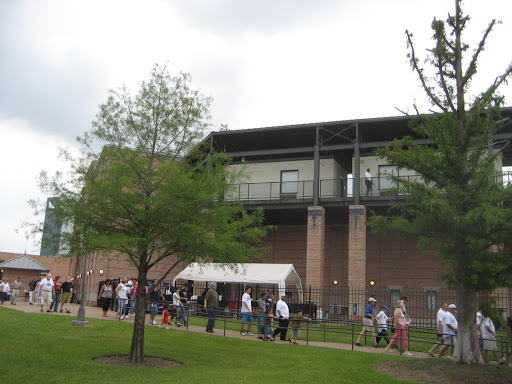Now, since AK is Islamist, this has of course caused a wave of angry reactionism from the powers that be in Turkey about how this somehow threatens the secular system (nevermind that an Islamist agreeing to become part of the system strengthens its relevance and creates more buy-in from all Turks; cultivating popular acceptance has never been as big a priority as crushing opposition for the Kemalist government). Anyway, the opposition CHP has organized big demonstrations in Ankara, and today the army apparently issued a warning to the government.
Meanwhile, CHP is challenging the election in the Supreme Court on some sort of grounds that 2/3 of all deputies need to be present (they stayed away from the Grand National Assembly for just this reason). I can find no justification in the Turkish constitution for this:
Article 96 Quorums Required for Sessions and DecisionsThere is no other condition for a quorum, so the AK Party's contention that the quroum to meet is 1/3 of the members seems correct, and the CHP's demand for a new election immediately seems to come from nowhere. If the Constitutional Court rules in favor of CHP, and bows to the army, it will set Turkey back yet again, especially in the eyes of Europe. For the sake of freedom in Turkey it should be hoped that the Court will stand up to this attempted intimidation--part of the same reactionism that was part of the Orhan Pamuk and Elif Shafak prosecutions, that characterizes the continuing intimidation of legal Kurdish groups and activities, and the murder of Hrant Dink.
(1) Unless otherwise stipulated in the Constitution, the Turkish Grand National Assembly shall convene with at least, one-third of the total number of members and shall take decisions by an absolute majority of those present; however, the quorum for decisions can, under no circumstances, be less than a quarter plus one of the total number of members.
Article 102 Election
(1) The President of the Republic shall be elected by a two-thirds majority of the total number of members of the Turkish Grand National Assembly and by secret ballot. If the Turkish Grand National Assembly is not in session, it shall be summoned immediately to meet.
(4) If a two-thirds majority of the total number of members cannot be obtained in the first two ballots, between which there shall be at least a three-day interval, a third ballot shall be held and the candidate who receives the absolute majority of votes of the total number of members shall be elected President of the Republic. If an absolute majority of votes of the total number of members is not obtained in the third ballot, a fourth ballot will be held between the two candidates who receive the greatest number of votes in the third ballot; if the President of the Republic cannot be elected by an absolute majority of the total number of members in this ballot, new general elections for the Turkish Grand National Assembly shall be held immediately.



